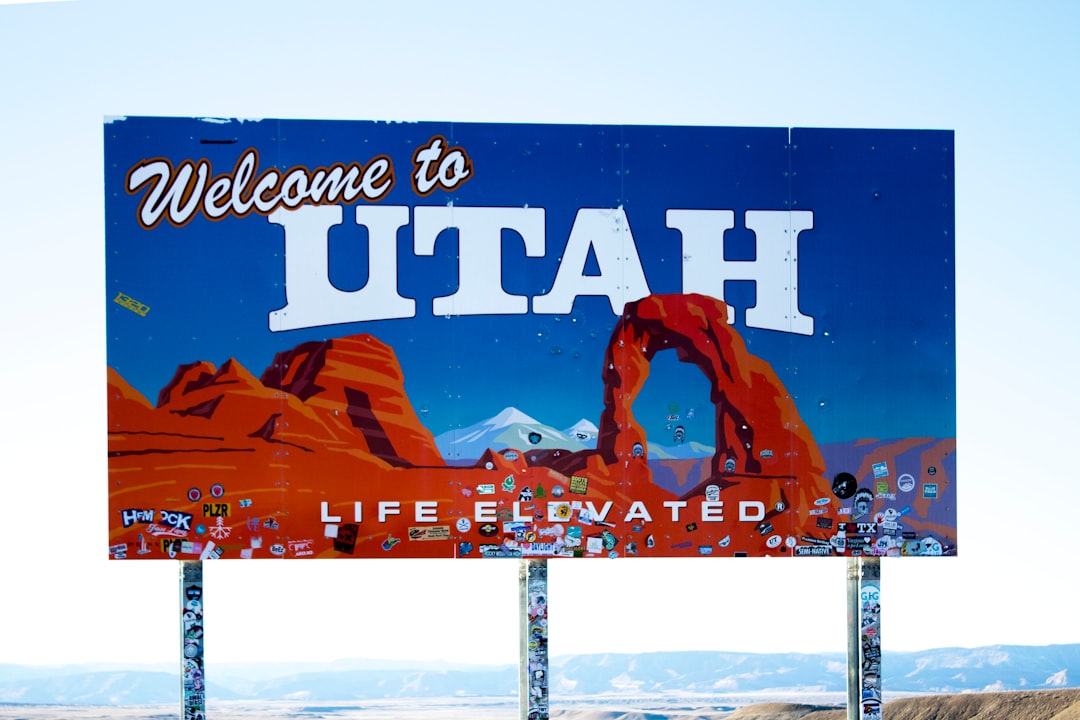Robocalls have become a significant problem in Utah, particularly for seniors, leading to an increase in sales pitches and scams. With state laws and the federal TCPA offering protections, those affected can take legal action, including suing for damages. Seniors should be aware of their rights and consider consulting with a specialized attorney if they've suffered harm from unwanted calls. Practical solutions like registering on the National Do Not Call Registry, using call-blocking apps, and staying informed can also help mitigate the issue.
In Utah, as across the nation, robocalls have become a ubiquitous yet unwanted part of daily life. This article delves into the effect of automated phone calls on the state’s seniors, exploring their prevalence and profound impact on emotional and financial well-being. We examine legal protections available to Utah seniors and whether they can take legal action against robocallers. Additionally, we present effective solutions to reduce and manage these intrusive calls, including options for those considering Can I Sue For Robocalls Utah.
Understanding Robocalls and Their Prevalence in Utah

Robocalls, automated phone calls often delivering prerecorded messages, have become a ubiquitous part of modern communication, particularly in Utah. While they can be used for legitimate purposes like political campaigns or customer service updates, their prevalence has significantly increased the number of unwanted calls, especially targeting seniors. In Utah, where many residents are older adults, the impact of these automated calls is notable. Seniors often find themselves on the receiving end of sales pitches, scam attempts, and marketing messages, adding to their daily stress and potentially leading to financial losses or privacy breaches.
The ubiquity of robocalls has sparked discussions about consumer protection, especially for vulnerable populations like Utah’s seniors. As a result, many are turning to legal avenues, questioning, can I sue for robocalls in Utah? The state’s regulations and the federal Telephone Consumer Protection Act (TCPA) offer protections against excessive or unauthorized robocalls, providing potential legal recourse for those who have suffered damages due to these automated calls.
The Impact on Seniors: Emotional and Financial Stress

Robocalls can have a profound impact on seniors in Utah, causing both emotional and financial stress. The constant barrage of automated calls, often advertising products or services, can be intrusive and unsettling for an already vulnerable demographic. Many seniors feel a sense of frustration and anxiety when they are unable to stop these unwanted calls, which can significantly affect their quality of life.
Emotionally, the frequency and persistence of robocalls can lead to increased feelings of isolation and insecurity. Financially, seniors might fall victim to deceptive marketing tactics, leading to unnecessary purchases or even financial loss. This is particularly concerning as seniors may struggle to identify fraudulent schemes due to limited digital literacy. With the potential for significant harm, some Utah residents are exploring legal avenues, wondering, “Can I sue for robocalls?”
Legal Protections for Utah Seniors Against Robocalls

Utah seniors, like many across the nation, face a persistent issue with robocalls, which can be particularly distressing for an already vulnerable demographic. However, they are not entirely without recourse. Several laws and regulations have been put in place to protect consumers, including Utah’s seniors, from unwanted calls, often known as telemarketing fraud. These protections offer a measure of relief and legal avenues for those affected by robocalls.
One key piece of legislation is the Telephone Consumer Protection Act (TCPA), which prohibits automated telephone dialing systems, often used for robocalls, from contacting individuals without their prior consent. This law allows Utah seniors to take action if they feel their privacy has been invaded. If a senior can demonstrate that they have suffered harm or incurred costs as a result of unwanted robocalls, they may be eligible to sue for damages under the TCPA. This includes not only financial compensation but also court orders stopping the caller from making further unauthorized calls.
Can Seniors Take Legal Action Against Robocallers?

In Utah, as in many states, seniors are often targeted by robocallers due to their perceived vulnerability and willingness to provide personal information over the phone. While these automated calls can be frustrating and even scams, there is legal recourse for those affected. Seniors who believe they have been harmed or deceived by robocalls may take legal action against the call originators.
Under Utah’s telephone consumer protection laws, individuals have rights against unwanted or misleading robocalls. This includes the right to sue for damages caused by these calls, such as emotional distress, loss of privacy, or financial harm. If you’re a Utah senior who has experienced persistent or malicious robocalls, consulting with an attorney specializing in consumer rights and telecom law can help determine if legal action, including potential lawsuits against robocallers, is the right course of action.
Effective Solutions to Reduce and Manage Robocalls

Robocalls have become a significant nuisance, particularly for Utah’s seniors, leading many to wonder if they can sue for robocalls in Utah. To mitigate this issue, several effective solutions are available. One of the most straightforward approaches is to register on the National Do Not Call Registry. This federal list restricts telemarketers from calling registered numbers, offering some relief from unwanted calls. Additionally, Utah residents can install specialized call-blocking apps or hardware devices designed to identify and block robocalls. These tools use advanced algorithms to recognize automated dialers and prevent them from disrupting personal communication.
Further, seniors can customize their phone settings to enhance privacy and security. This includes blocking unknown numbers, silencing calls from specific areas, or even setting up personalized greetings to deter potential robocallers. Additionally, staying informed about common scams and learning how to identify suspicious calls can empower individuals to take proactive measures. By combining these strategies, Utah’s seniors can reclaim their phone lines and significantly reduce the frequency of robocalls they receive.






